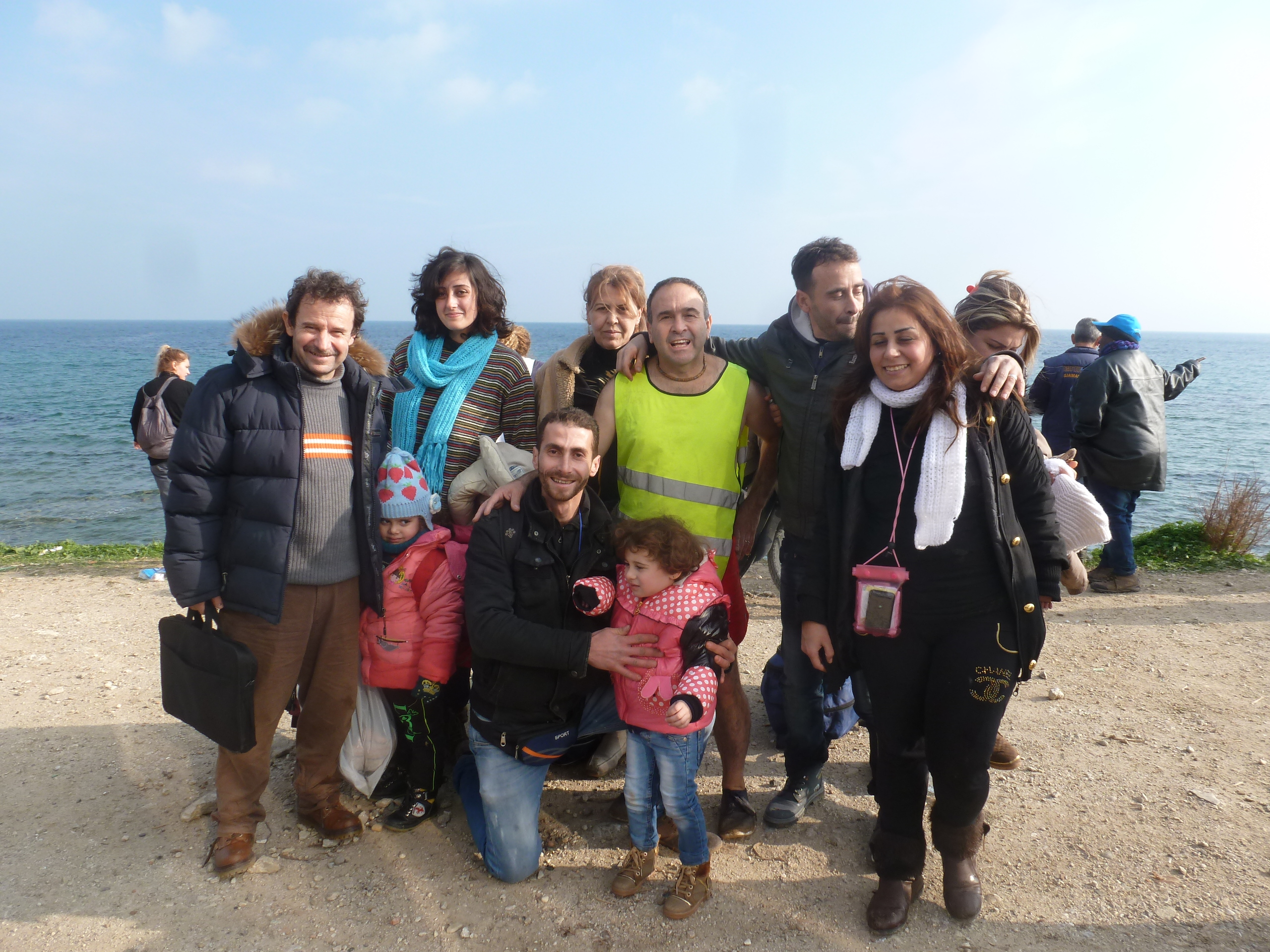Today Women of Zimbabwe Arise (WOZA) and Men of Zimbabwe Arise took to the streets of Bulawayo to commemorate World Refugee Day, observed on June 20th. WOZA reports that many of its activits were beaten and arrested today by uniformed police as it attempted to conduct these peaceful demonstrations. WOZA traditionally marks World Refugee Day because they “believe Zimbabweans are refugees in their own country – displaced, unsettled and insecure.”
WOZA used UNHCR’s theme this year, “real people, real needs,” to highlight the plight of Zimbabwe’s informal traders, still the only means of survival for many persons in Zimbabwe with its 90%+ unemployment rate. The marches also convened at the offices of state-owned Chronicle newspaper to highlight issues with media freedom in Zimbabwe. Upon arrival, “they were attacked by uniformed police officers who brutally beat them, arresting many.”
Jenni Williams and Magodonga Mahlangu already face trial on charges of disturbing the peace for violation of the Public Order and Security Act, an onerous law in Zimbabwe that restricts freedom of association by limiting the ability of people to congregate in groups larger than five persons. Their trial is set to reconvene on July 7th, pending word of an appeal to the Constitutional Court. Many people had the privilege of meeting Jenni and Magi when they visited the US in March to speak at Amnesty’s Annual General Meeting. I don’t know yet if either Jenni or Magi were arrested or harmed in today’s demonstrations. I will update this post when I have more news.
Update from WOZA: “Eight members have been arrested, four women and three men. Three members required medical treatment, including an elderly woman who was pushed to the ground by police causing her mouth to be injured. Once again three plain-clothes police officers tried to locate WOZA leaders Williams and Mahlangu but they were heard saying they could not locate them amongst the dispersing activists.”


